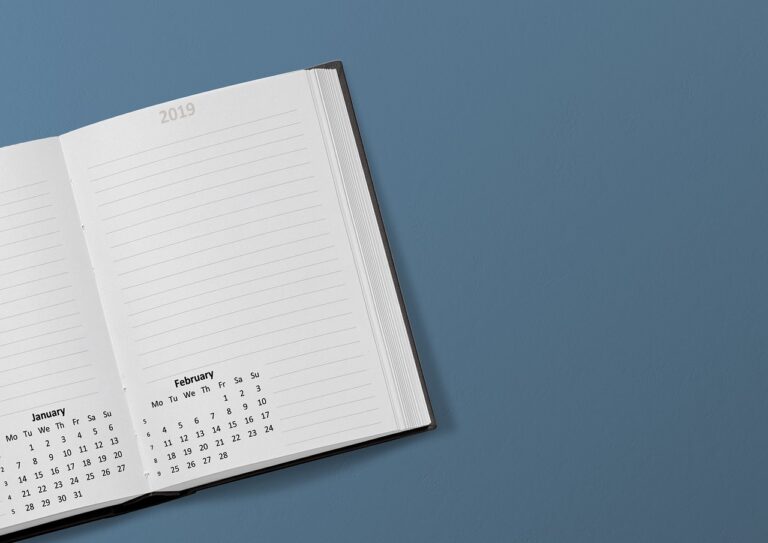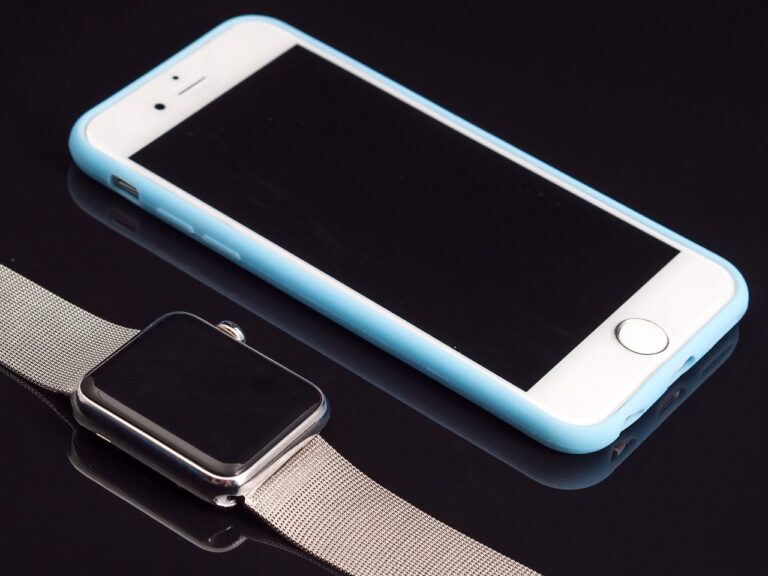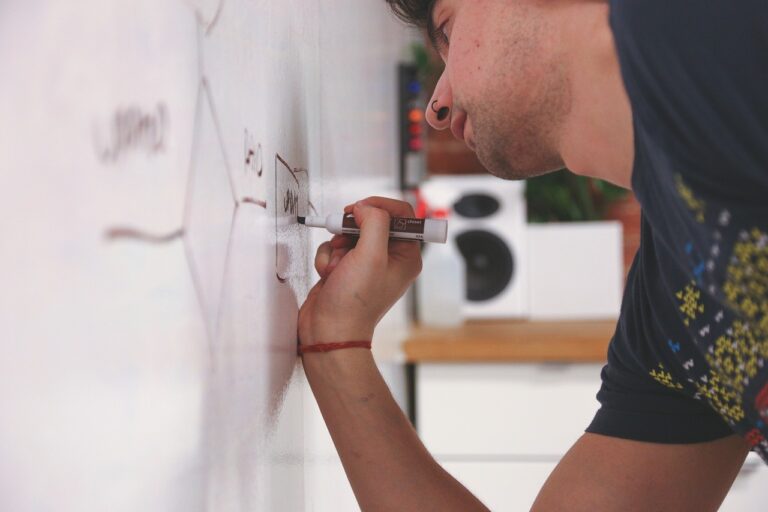The Essential Role of Personal Bodyguards in Modern Security
In today’s unpredictable world, the demand for Personal Bodyguards has risen significantly as people seek greater assurance of safety and protection. Whether it’s high-profile individuals, corporate leaders, celebrities, or even families who feel vulnerable, having a trained professional by your side can provide unmatched peace of mind. Security is no longer just about wealth or status—it is about mitigating risks in an environment where threats can come unexpectedly.
Why Personal Bodyguards Are More Relevant Today
The modern landscape has created new challenges for personal safety. Public figures often face constant media attention, business executives deal with competitive threats, and even ordinary citizens may find themselves at risk due to personal disputes or rising crime rates. In such circumstances, relying solely on traditional security measures like CCTV or alarms is not always sufficient.
Personal protection has evolved from being a luxury to a necessity for many. The presence of a professional bodyguard is not just a deterrent to potential attackers, but also a proactive step in ensuring that risks are identified and managed before they escalate. From monitoring surroundings to planning safe travel routes, Personal Bodyguards play a hands-on role in keeping individuals safe.
Key Responsibilities of Personal Bodyguards
When most people imagine a bodyguard, they picture someone tall, muscular, and intimidating. While physical strength can be an asset, the reality is that modern protection services demand far more than just a strong presence. A professional bodyguard’s responsibilities include:
-
Threat Assessment and Risk Management
They continuously analyze potential risks, whether it is from suspicious individuals, unsafe environments, or possible cyber threats. -
Close Protection
Bodyguards ensure constant surveillance of their client’s immediate surroundings. This includes scanning crowds, identifying unusual behavior, and intercepting risks before they occur. -
Secure Transportation
From driving armored vehicles to planning safe travel routes, they ensure safe and efficient movement between locations. -
Emergency Response
In the event of an attack, accident, or medical emergency, bodyguards are trained to act swiftly, providing first aid, evacuation, or protective cover. -
Discretion and Confidentiality
Beyond physical safety, clients expect absolute discretion. Personal Bodyguards are trained to protect not just their client’s body, but also their privacy and reputation.
Who Needs Personal Bodyguards?
While celebrities and political figures are the most obvious clients, the scope of personal protection has expanded significantly. Today, several groups benefit from hiring trained professionals:
-
High-Net-Worth Individuals (HNWI): Wealth often attracts unwanted attention, making personal protection essential.
-
Business Executives: Leaders dealing with sensitive negotiations or corporate rivalries may face security threats.
-
Public Figures & Celebrities: Constant exposure makes them vulnerable to harassment, stalking, and attacks.
-
Families: Parents sometimes hire bodyguards to ensure their children’s safety during school, travel, or public outings.
-
Travelers: People visiting conflict-prone areas or high-crime regions often rely on personal security services.
Skills and Training of Professional Bodyguards
The effectiveness of Personal Bodyguards lies in their training and expertise. Unlike ordinary security personnel, they undergo specialized programs that equip them with a diverse set of skills. These include:
-
Martial Arts & Self-Defense: Ensuring they can neutralize physical threats quickly.
-
Firearms Training: Handling weapons responsibly when situations demand escalation.
-
First Aid & Emergency Response: Offering immediate care until professional help arrives.
-
Situational Awareness: Reading body language, identifying suspicious movements, and anticipating threats.
-
Tactical Driving: Handling vehicles in high-pressure scenarios, including evasive maneuvers.
In addition to physical and tactical training, emotional intelligence is equally important. A good bodyguard knows how to remain calm under pressure, manage stressful environments, and make rapid decisions without hesitation.
The Growing Demand for Personal Bodyguards in India
India, like many parts of the world, has witnessed a sharp increase in demand for private security services. Rising wealth, growing social media exposure, and complex socio-political issues have contributed to this need. For instance, business tycoons and celebrities often hire round-the-clock protection teams. Even middle-class families now consider security services when hosting weddings or traveling abroad.
Unlike traditional security guards, Personal Bodyguards provide specialized, one-on-one protection that instills confidence. Their role is not only defensive but also preventative—ensuring safety at every step.
Personal Bodyguards and Technology Integration
Modern personal security is not limited to physical presence. Technology plays a crucial role in enhancing safety. Bodyguards often work in coordination with surveillance systems, GPS tracking, secure communication tools, and cybersecurity measures. For example, they may monitor digital threats such as identity theft or hacking attempts, especially for high-profile clients.
By combining physical vigilance with technological safeguards, they create a layered defense strategy that leaves little room for vulnerability.
The Psychological Impact of Personal Security
The presence of a bodyguard is not just about preventing physical harm—it also has a strong psychological effect. For clients, having a professional by their side reduces anxiety, builds confidence, and allows them to focus on their work or lifestyle without constantly worrying about safety.
For potential attackers, on the other hand, the visible presence of Personal Bodyguards serves as a powerful deterrent. Criminals are less likely to target individuals who are clearly protected, shifting their focus elsewhere.
Choosing the Right Personal Bodyguard
Not all security professionals are the same, which makes selection a critical process. When hiring a bodyguard, clients must consider:
-
Experience and Training – Military or law enforcement background often adds value.
-
Physical and Mental Fitness – Ability to remain alert and act quickly.
-
Communication Skills – Essential for coordinating with clients and law enforcement.
-
Discretion – Respecting client confidentiality and maintaining professionalism at all times.
-
Adaptability – Handling different environments, from corporate boardrooms to crowded public spaces.
A professional bodyguard is more than just muscle; they are a trusted partner in ensuring safety and peace of mind.
Conclusion
In an era where personal safety cannot be taken for granted, the demand for Personal Bodyguards continues to grow. Their role extends beyond traditional security, offering a unique blend of physical protection, strategic planning, and psychological assurance. From business leaders and celebrities to families and travelers, more people are realizing the importance of having trained professionals by their side.
With evolving threats and rising concerns about safety, Personal Bodyguards stand as the ultimate line of defense—combining skill, discretion, and dedication to safeguard the lives of those they protect. Their presence is not merely about preventing harm but about ensuring that individuals can live their lives with freedom, confidence, and peace of mind.







